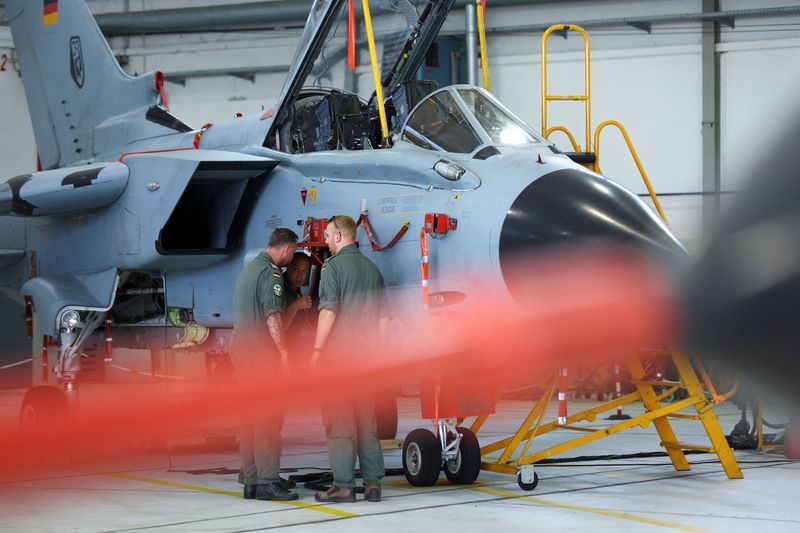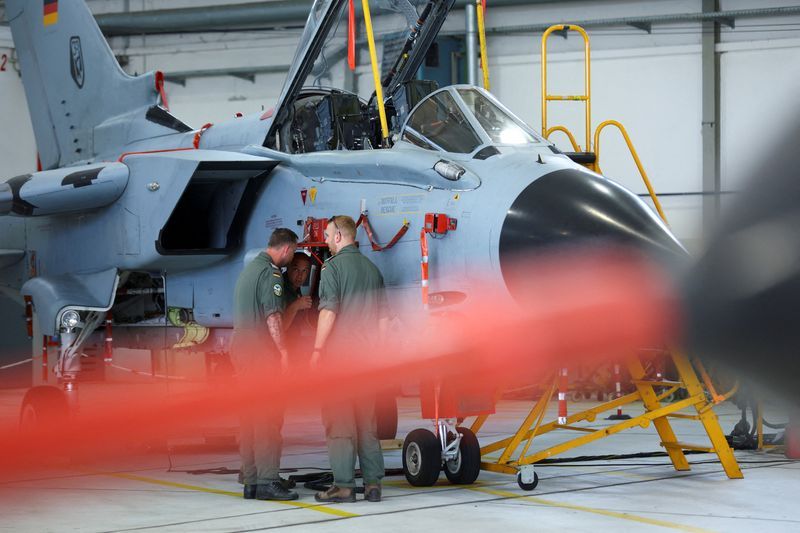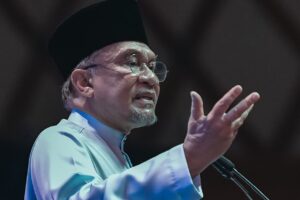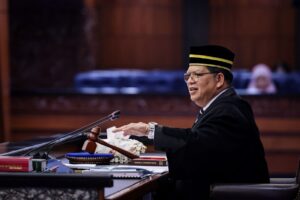
BERLIN (Reuters) -The German government must swiftly decide whether to proceed with the development of a Franco-German fighter jet or leave the project, a prominent member of the German parliament’s defence committee told Reuters on the eve of high-level talks.
Berlin blames French industry for blocking the next phase in the development of the FCAS program by demanding sole leadership of the project, Reuters reported on Tuesday.
The differences could jeopardise the launch of the second phase, namely developing airworthy demonstrators, that had originally been scheduled for the end of this year, according to defence sources.
The topic will come up in talks between French President Emmanuel Macron, German Chancellor Friedrich Merz and their ministers on the Mediterranean coast on Thursday and Friday.
“If we don’t get a decision at Toulon to enter phase 2, everything becomes more and more difficult,” Christoph Schmid, a member of the German parliament’s defence committee and Defence Minister Boris Pistorius’ Social Democrats, said on Wednesday.
“The longer a decision is delayed, the more unrealistic an implementation of FCAS becomes.”
With an estimated cost of more than 100 billion euros ($117 billion), the project involves France’s Dassault Aviation, Airbus and Indra. For years, it has suffered from infighting over workshare and intellectual property rights and been repeatedly delayed.
Schmid cited the example of the Eurofighter, which was a joint success story for Germany, Britain and Italy, without France being involved.
“It would not be a catastrophe for Germany and France to part ways now if this is in the national or European interest,” he said, while lobbying for ordering an additional 60 Eurofighter jets by 2029 to replace the country’s ageing Tornado fleet.
He said such a decision could provide the basis to consider alternative options together with the industry regarding the kind of fighter jet development possible by the mid-2030s.
“This gives us the chance to, step by step, make progress on the way to the development of a generation 5 plus fighter jet,” he said. “The outcome could be a further development of the Eurofighter, a national product, a participation in GCAP or a cooperation with a completely different partner such as Sweden.”
The German defence ministry did not immediately respond to a request for comment.
GCAP is a rival project in which Britain, Italy and Japan are seeking to develop, design and build an advanced stealth jet.
Sebastian Schaefer, a Greens member of parliament’s budget committee, called on Pistorius to address the problems caused by French industry.
“Everyone is talking about joint procurement but we are not getting it done, even though we have endless funds now,” he said.
“It is not enough to just blame the industry. Minister Pistorius needs to talk with the industry – and with his friend (French Defence Minister Sebastien) Lecornu as well.”
($1 = 0.8542 euros)
(Reporting by Sabine Siebold, Editing by Miranda Murray and Barbara Lewis)






